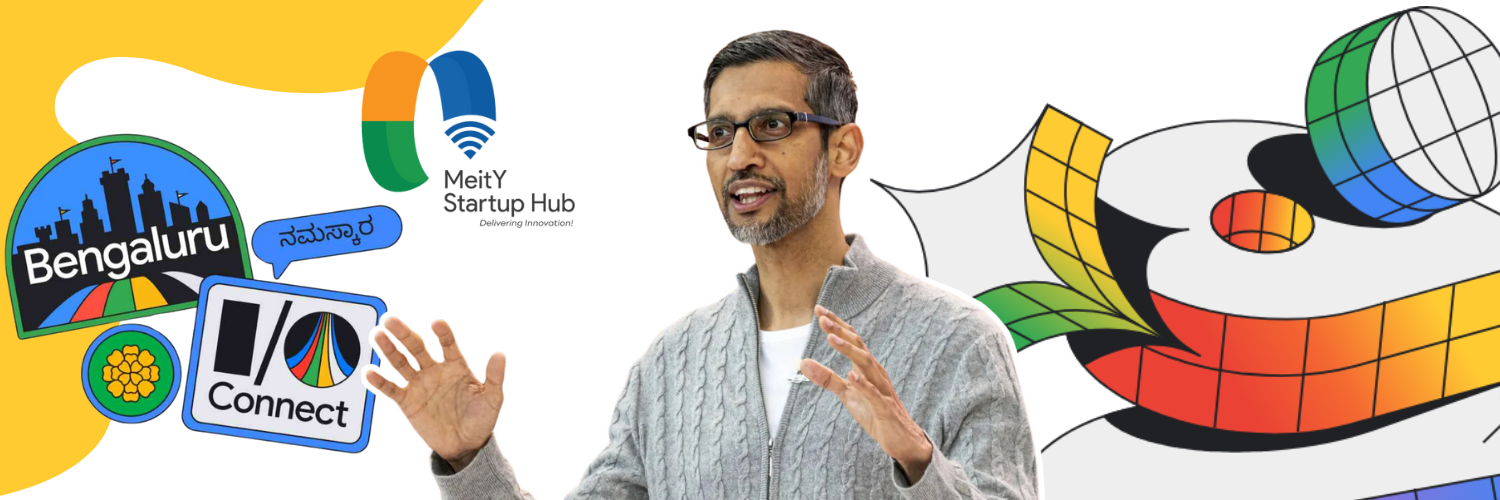Google, in collaboration with India's Ministry of Electronics and Information Technology (MeitY), has announced a significant initiative to train 10,000 startups in artificial intelligence (AI). This announcement was made during the second edition of Google I/O Connect, held on July 17 in Bengaluru.
The initiative aims to support emerging startups that have the potential to address real-world problems. Eligible startups will receive up to $350,000 in Google Cloud credits and an AI-first programming curriculum. Additionally, Google will provide a launchpad to help these startups expand their services across India.
During the event, Google unveiled several new generative AI initiatives, including access to its Gen AI models, Gemini and Gemma, and new language tools from Google DeepMind India. These tools will help startups offer services in local languages, enhancing their accessibility and reach.
Developers in India will now have expanded access to powerful AI models, including the two million token context window in Gemini 1.5 Pro and Gemma 2, the latest generation of multimodal Large Language Models (LMMs). Google also announced plans to host a GenAI Hackathon and an AI Startup Bootcamp in India.
Ambharish Kenghe, Vice President of Google, highlighted the company's long-term investment in AI and its commitment to empowering Indian innovators. He emphasized the transformative potential of multimodal, mobile, and multilingual AI in addressing India’s unique needs and shaping the future of AI globally.
In a move to make its services more affordable, Google has reduced the fees for using its Google Maps Platform, with India-specific pricing lowered by up to 70% on most APIs. Google is also collaborating with the Open Network for Digital Commerce (ONDC), offering developers building for ONDC up to 90% off on select Google Maps Platform APIs.
This announcement follows the news of Ola founder Bhavesh Agarwal's decision to cut ties with Google Maps and launch his own map solutions, Ola Maps, which will also be available to Indian developers.
Additionally, Google has introduced its open-source AI model, Gemma 2, to Indian developers. Initially launched in the US in May, Gemma 2 is more efficient and higher-performing than its predecessors, available in both 9 billion and 27 billion parameter sizes.
Google DeepMind India has also introduced IndicGenBench, a benchmark designed to assess the language generation capabilities of large language models (LLMs) for various Indian languages. This development follows Google's launch of its AI-focused accelerator program, AI First, in India in June. The three-month program offers equity-free support to Seed to Series A startups using AI in their key products.
Google's commitment to democratizing AI for Indian developers focuses on three key areas: multimodal, multilingual, and mobile AI, reflecting the immense opportunities in these domains.
